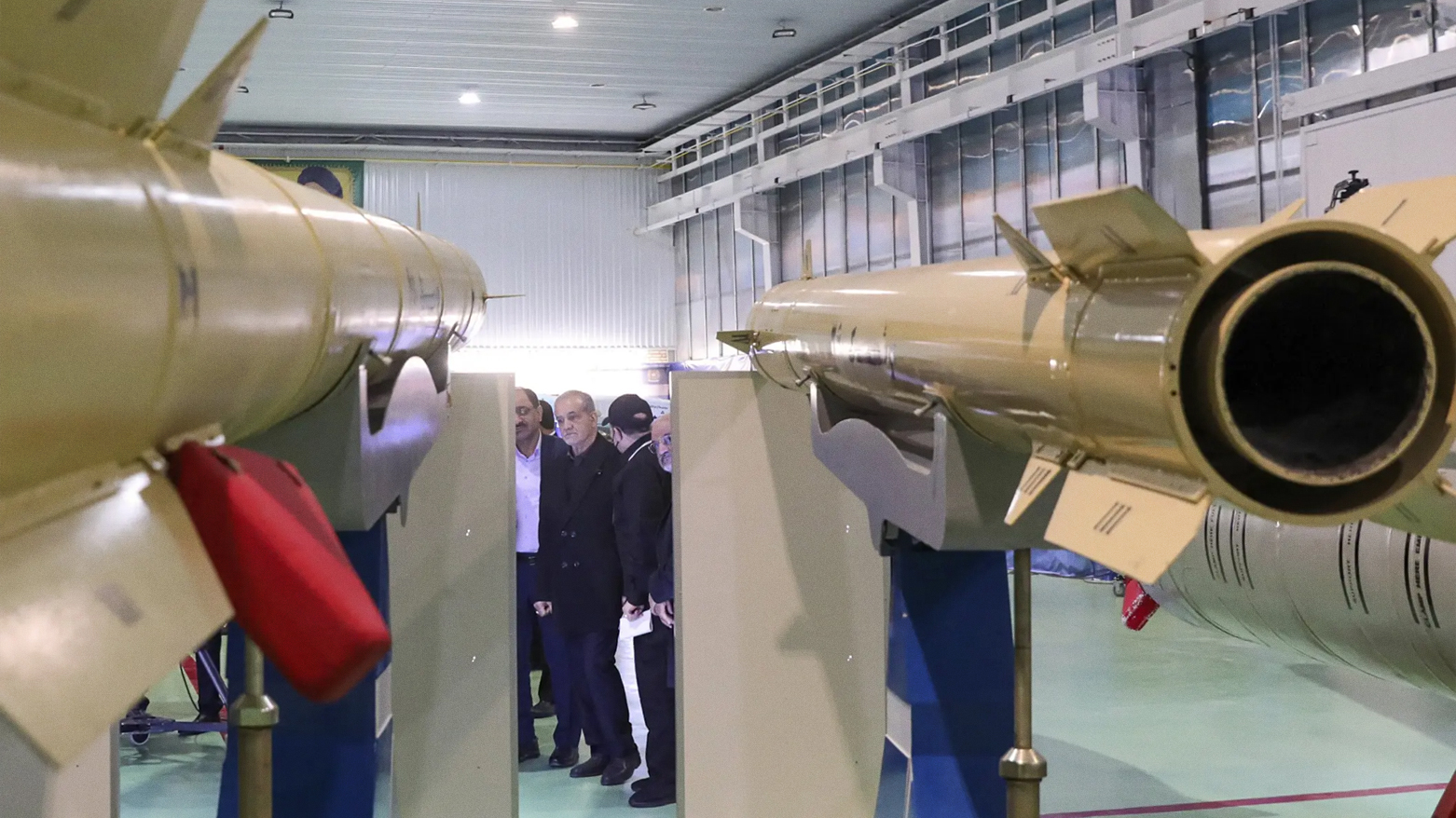Iran Overhauls Military; Clash with Israel Deemed ‘Inevitable’: Analysis
According to Al-Monitor, following a damaging conflict, Iran has established a new National Defense Council to restructure its military in preparation for an inevitable clash with Israel, despite ongoing concerns about technological shortcomings and the risks of centralizing command.

ERBIL (Kurdistan24) – In a significant strategic shift following a recent and damaging conflict with Israel, Iran is fundamentally restructuring its military command systems to prepare for a future war its leadership increasingly views as inevitable, according to an analysis from the Washington-based news organization Al-Monitor.
The establishment of a new, centralized National Defense Council signals Tehran's intent to remedy critical vulnerabilities exposed during the fighting and streamline its armed forces for a more rapid and coordinated response in any subsequent confrontation.
According to the August 9 Al-Monitor analysis, Iran’s Supreme National Security Council approved the creation of the National Defense Council (NDC) less than two months after a devastating 12-day war with Israel.
The new body is described as a centralized wartime council tasked with coordinating strategy, operations, and logistics across all branches of the armed forces, including the Islamic Revolutionary Guard Corps (IRGC) and the regular army (Artesh).
While officially framed by state media as a measure to "strengthen the capabilities of the armed forces," the move is widely interpreted as a direct response to the severe blows Iran suffered in the June conflict, which saw Israeli precision strikes kill senior commanders and nuclear scientists and destroy key missile batteries and command centers.
The structure of the NDC, as detailed by Al-Monitor, mirrors the Supreme Defense Council created during the 1980s Iran-Iraq war, a body designed to bypass cumbersome bureaucracy and enable rapid decision-making under fire.
Although chaired by President Masoud Pezeshkian, the council is heavily dominated by top military and intelligence figures, cementing the IRGC's role at the core of the state's security apparatus. The analysis notes that the recent war revealed that Iran’s deterrence strategy of relying on regional proxies like Hezbollah and the Houthis was lacking, and the NDC is intended to fill those strategic gaps.
Iranian state media have been explicit that the council's purpose is to prepare for renewed aggression by the "Zionist regime and its American ally."
While officially a defensive measure, the Al-Monitor analysis suggests the NDC's centralized structure could enable a more proactive military posture, potentially authorizing rapid retaliatory or even preemptive strikes without lengthy internal debate.
This aligns with recent, aggressive rhetoric from IRGC commanders who have warned that future attacks will be answered in hours, not days.
Externally, the formation of the NDC sends a dual message: it is meant to reassure regional proxies that Iran is rebuilding its military nerve center for multi-front coordination, while serving as a deterrent to Israel and the United States.
However, the analysis raises the critical question of whether this organizational reform can overcome Iran's significant technological inferiority in areas like air defense and electronic warfare.
The effectiveness of the NDC will depend not just on streamlined command, but on whether Iran can replenish its missile stocks and protect its command centers from the kind of precision strikes and cyber-offensive capabilities that Israel and the U.S. possess.
The Al-Monitor analysis also highlights the inherent risk of over-centralization.
The June war demonstrated Israel's ability to decapitate enemy command structures, exemplified by an attack that successfully targeted an underground meeting of Iran's Supreme National Security Council.
If the new NDC itself were to be incapacitated early in a conflict, Tehran's entire wartime decision-making process could be paralyzed.
Ultimately, the creation of the council reflects a strategic conviction in Tehran that the recent conflict was merely one round in a longer war, convincing the leadership to reshape its political apparatus into a permanent wartime stance.
